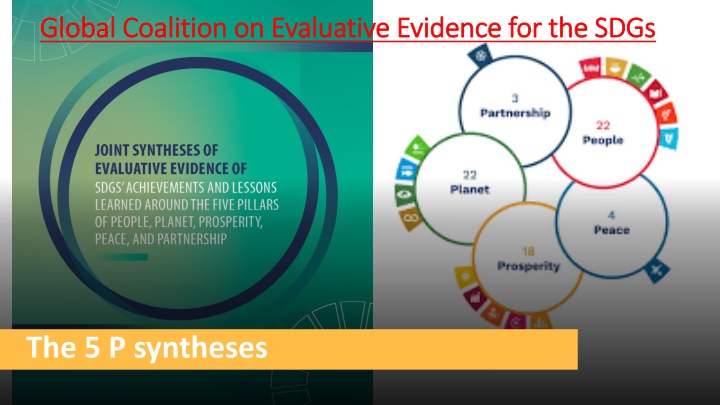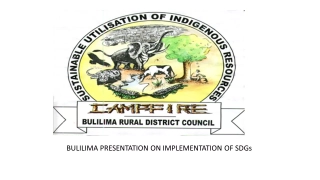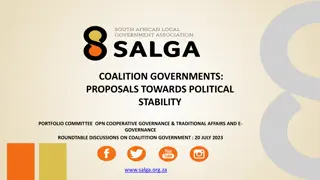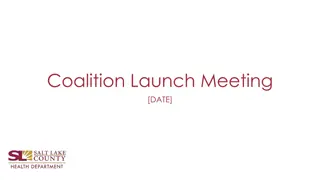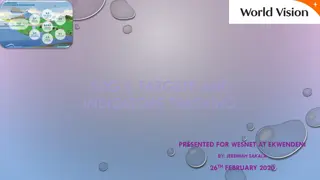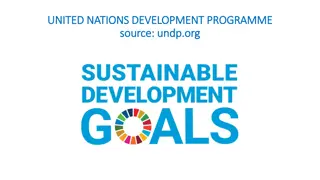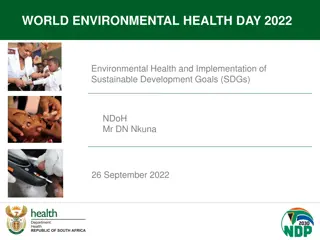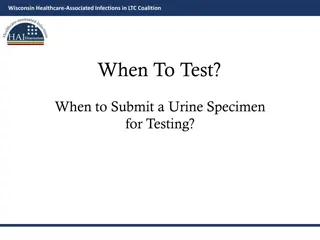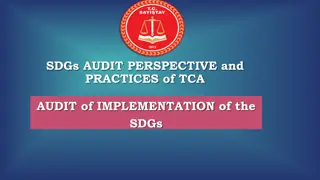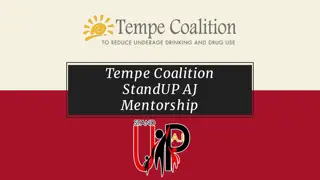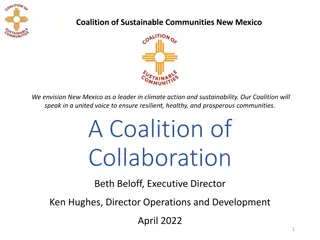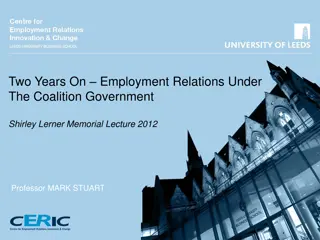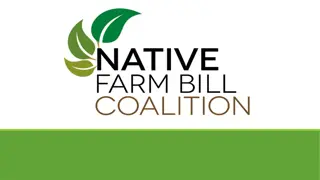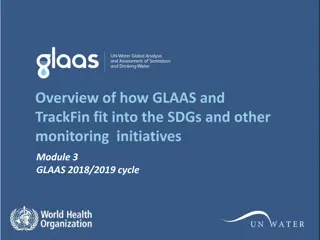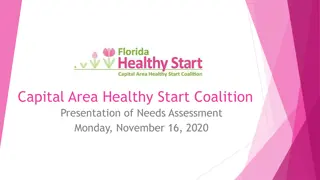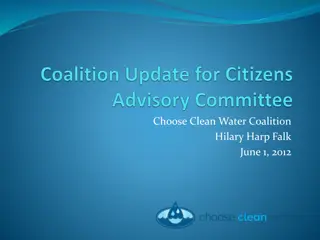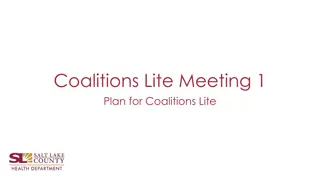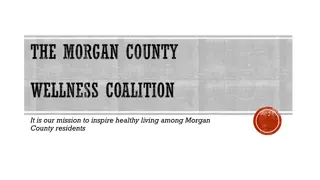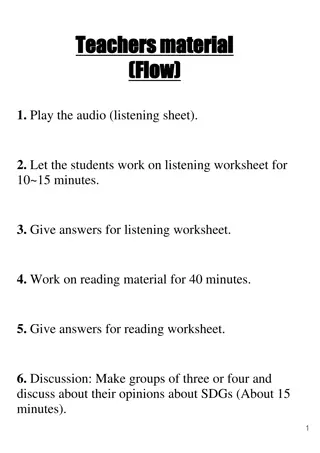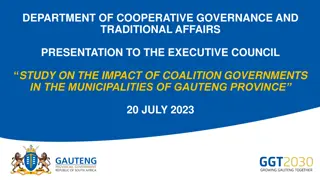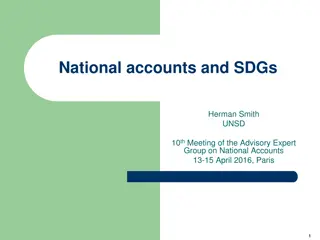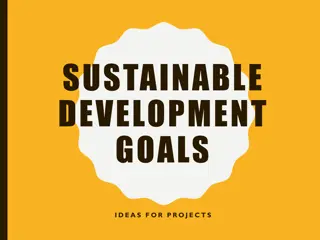Global Coalition on Evaluative Evidence for the SDGs
The Global Coalition on Evaluative Evidence for the SDGs aims to synthesize existing data to accelerate SDG achievements by providing insights, analysis, and policy recommendations. It focuses on evaluating the progress towards the SDGs, identifying barriers, and suggesting ways to achieve the goals before 2030.
Download Presentation

Please find below an Image/Link to download the presentation.
The content on the website is provided AS IS for your information and personal use only. It may not be sold, licensed, or shared on other websites without obtaining consent from the author.If you encounter any issues during the download, it is possible that the publisher has removed the file from their server.
You are allowed to download the files provided on this website for personal or commercial use, subject to the condition that they are used lawfully. All files are the property of their respective owners.
The content on the website is provided AS IS for your information and personal use only. It may not be sold, licensed, or shared on other websites without obtaining consent from the author.
E N D
Presentation Transcript
Global Coalition on Evaluative Evidence for the SDGs Global Coalition on Evaluative Evidence for the SDGs The 5 P syntheses
2 Global Coalition on Evaluative Evidence for the 5 Ps 28 United Nations agencies 6 bilateral partners: Canada, Germany, Ireland, Korea, the Netherlands and Spain Evaluation community: United Nations Evaluation Group (UNEG); Network on Development Evaluations (EvalNet); Evaluation Cooperation Group (ECG); IDEAS, and other specialized evaluation networks.
Turning point in international development Rapidly approaching transition beyond SDGs in 2030. Opportunity to provide evaluative evidence for countries to get back on track, accelerate results towards the goals and build back forward and beyond 2030. The MDGs were not fully evaluated, when the international community transitioned to the SDGs lost potential learning The evaluation community has an important role ensuring the potential for learning from the SDG experience is harnessed, for future benefits. Global Coalition on Evaluative Evidence syntheses of evaluative evidence around the five SDG pillars Utility based structure to store and generate synthesis as needed at different times and formats for decision making at different levels
Key Objectives and purpose of this Global Coalition on evaluative evidence Synthesize existing evaluative data on what has worked and not, why and where in key areas under the SDG s 5 Pillars To provide insights and analysis towards the key barriers and enabler to accelerate SDG achievements Provide policy recommendations to achieve the goals in the last five years before 2030. To identify evidence gaps for future evaluations Purpose - provide decision makers with lessons learned and recommendations for the achievement of the SDGs in the years remaining until 2030 and inform deliberations on the post-SDG development agenda 4
Preliminary state of the evidence assessment the evidence base 10,440 Impact evaluations 8501 Performance Evaluations 176 (since 2016) Voluntary National Reviews 947 Systematic reviews Total evaluations identified as of May 2022: 19,888 evidence distribution by SDGs Total evaluations tagged to SDGs as of May 2022: 10,154 WHATDATADOWEALREADYHAVE, ANDWHATCANWEDOWITHIT? (Sources: UNEG Database; UNDP Evaluation Resource Centre, 3ie s Development Evidence Portal, UNDESA, Agency databases) 5
24 Indicators 19 Targets Areas 1. 2. 3. 4. 5. Finance Technology Capacity Development Trade Systemic Issues 1. What is the current status of progress towards this goal? 2. What does and what does not work for effective interventions and progress under key areas? 3. What needs to change in order to accelerate progress before and post 2030? 6
Next Steps Broadening partnerships and mobilizing resources Establish scope priorities Identifying key syntheses questions with development partners, and external expertise Explore evidence, time, and resource contributions from knowledge partners and financial donors Preparing evidence for each pillars Establishing a Governance structure for the synthesis Expanding the evidence base, tagging, mapping the SDG connections Appointing a steering committee and management reference groups 7
THANK YOU Ana.soares@undp.org
